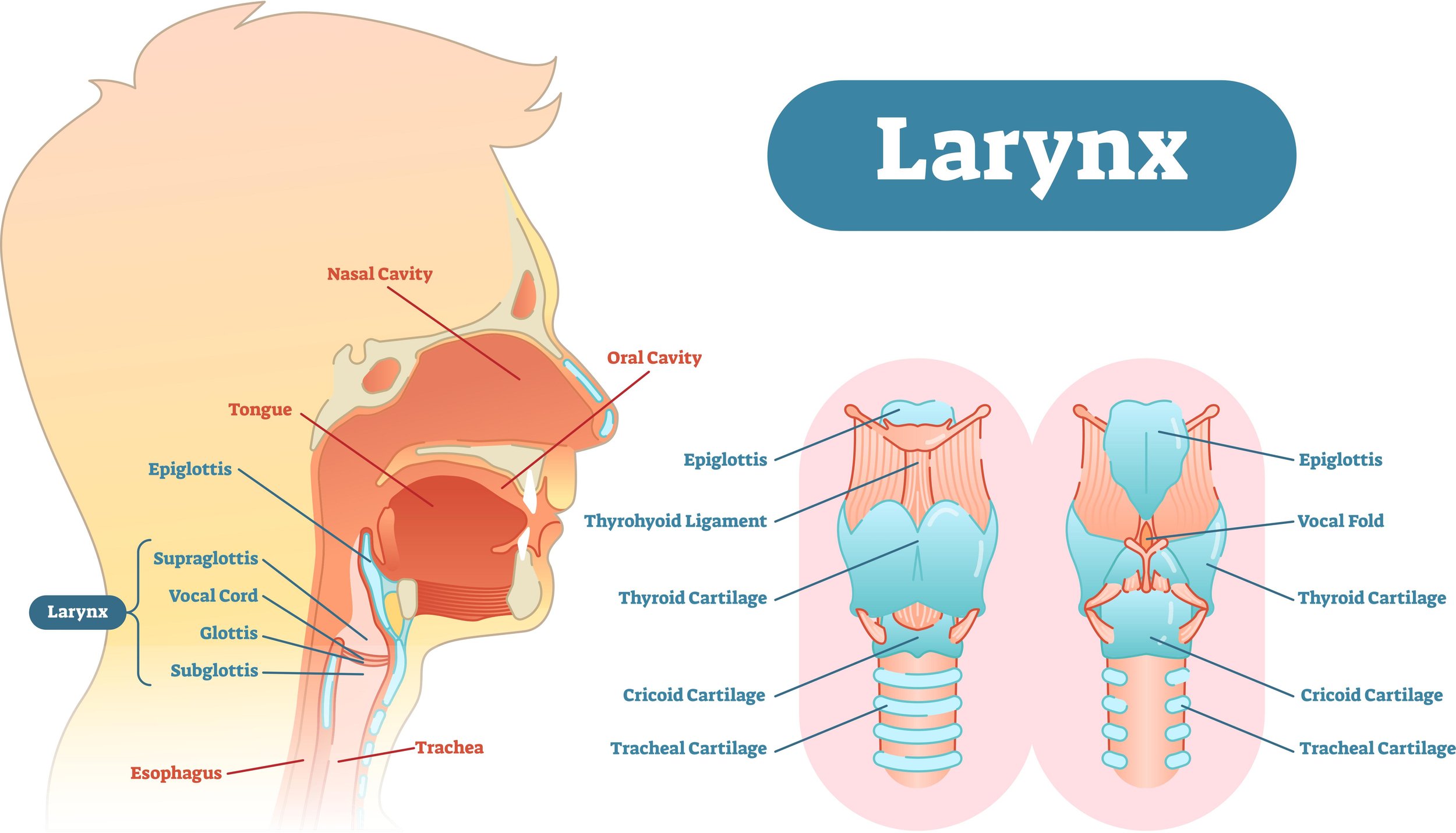5 Essential Tips for Maintaining Your Singing Voice Through Testosterone Transition
As a singer navigating the changes brought on by exogenous testosterone therapy, you might feel anxious about what to expect. Testosterone causes growth in the vocal cords, which can feel disorienting at first.
Though there will be times of vocal instability, with mindful practice and vocal exercises, it’s possible to maintain vocal flexibility throughout this process.
This blog highlights the key exercises that can help singers maintain their voice while on testosterone therapy, ensuring a smoother journey through the physical changes that testosterone brings to the vocal cords.
1. Gentle Warm-Ups: Protecting Your Evolving Voice
During testosterone therapy, your vocal folds will likely thicken, and the voice may drop in pitch. This means your vocal instrument is physically changing, and pushing too hard too soon can lead to strain or injury. Gentle warm-ups are crucial to maintaining vocal health.
Exercises:
Lip Trills: Create a "brrrr" sound, keeping the lips relaxed. This exercise encourages vocal cord engagement without pushing the voice. It’s a great way to minimize strain.
Humming: Starting with a low hum can help warm up the voice without causing any harsh vocal fold action. Begin in a comfortable range and gradually descend, following the natural drop in your voice.
Straw Phonation: Singing through a straw helps reduce tension and pressure on the vocal folds while building resonance and control. Use this to ease into vocalizing, particularly as you notice your voice deepening. Try humming through a straw in a glass of water, blowing bubbles, for some added resistance.
2. Pitch Flexibility: Keeping Your Range Fluid
Testosterone can lower your voice, but that doesn’t mean you need to lose your upper range completely. Maintaining pitch flexibility through focused exercises can help you transition smoothly between registers, even as your voice deepens.
Exercises:
Sirens: These involve gliding from your lowest comfortable pitch to your highest and back down again. This exercise keeps the voice flexible and helps you navigate the changing breaks in your voice.
Head Voice Work: Your head register may feel different, but working to maintain it can give you greater flexibility. Spend time in your head range without forcing it. Aim for light, breathy sounds rather than full-throated singing.
Descending Scales: Start in your higher range and descend through a scale to work on keeping a smooth transition across your vocal break as it shifts.
3. Strengthening the Lower Range: Embrace Your Changing Voice
One of the exciting aspects of testosterone therapy is the deepening of the voice. With this change, it’s important to build strength and control in your lower register, especially if it feels unfamiliar at first.
Exercises:
Chest Voice Focus: Singing in your chest voice can feel more comfortable as your voice lowers. Practice sustaining notes in this range, focusing on resonance and breath support.
Octave Leaps: Singing an octave leap between your head voice (or falsetto) and chest voice can help smooth the transition between registers. This exercise will reinforce your connection to both high and low ranges.
Low Range Arpeggios: Work on singing arpeggios in your lower range. Start with slower patterns to build familiarity with the deeper notes and add speed as you gain control.
4. Breath Support: Powering Your Voice Safely
As your voice changes, you’ll want to ensure that breath support remains strong. Strong breath support prevents tension and helps you navigate vocal changes more easily.
Exercises:
Diaphragmatic Breathing: Lay on the floor with a book on your stomach. Breathe deeply so that the book rises with each breath, training yourself to engage your diaphragm fully. This exercise strengthens your support muscles.
Sustained “S” Sounds: Take a deep breath and release it slowly on an “S” sound. This helps train your lungs to support sustained singing and control air release.
Breathing with Phrasing: Sing short, simple phrases and extend your ability to hold them out over several breaths. This will help your breath management while singing longer phrases.
5. Vocal Cool-Downs: Recover and Reset
Just as warming up is important, cooling down after practice is essential, especially as your vocal cords may be more sensitive during this period of transition.
Exercises:
Descending Hums: Finish your practice session with soft, descending hums. This helps relax your vocal cords after singing, allowing them to reset after strenuous use.
Glissandos: Slowly slide down in pitch, starting from a light, breathy falsetto and gliding gently into your lower chest register.
Silent Breathing: Simply focusing on slow, even breaths can help release tension and promote recovery after a singing session.
Adapting to Your New Voice
Testosterone therapy can be an exciting and rewarding experience, but it comes with challenges for singers, particularly as the vocal folds adjust to the hormone. By integrating these exercises into your daily practice routine, you’ll maintain vocal flexibility, avoid injury, and find comfort in your evolving voice. Over time, you’ll get used to your new sound, and you may even discover new vocal abilities that you hadn’t explored before.
Patience is key during this process. Give yourself time to adapt to the changes, and if possible, work with a voice teacher experienced in gender-affirming vocal care who can guide you through the transition.
Conclusion
Singing through testosterone therapy doesn’t have to mean losing your voice. With the right exercises and vocal care routine, you can continue to develop and maintain your voice as it deepens. By focusing on gentle warm-ups, pitch flexibility, lower range strengthening, breath support, and proper cool-downs, you’ll be able to adjust to your new sound while keeping your instrument healthy.
Remember: your voice is still your voice, and it deserves care, attention, and celebration—no matter how it changes.





















